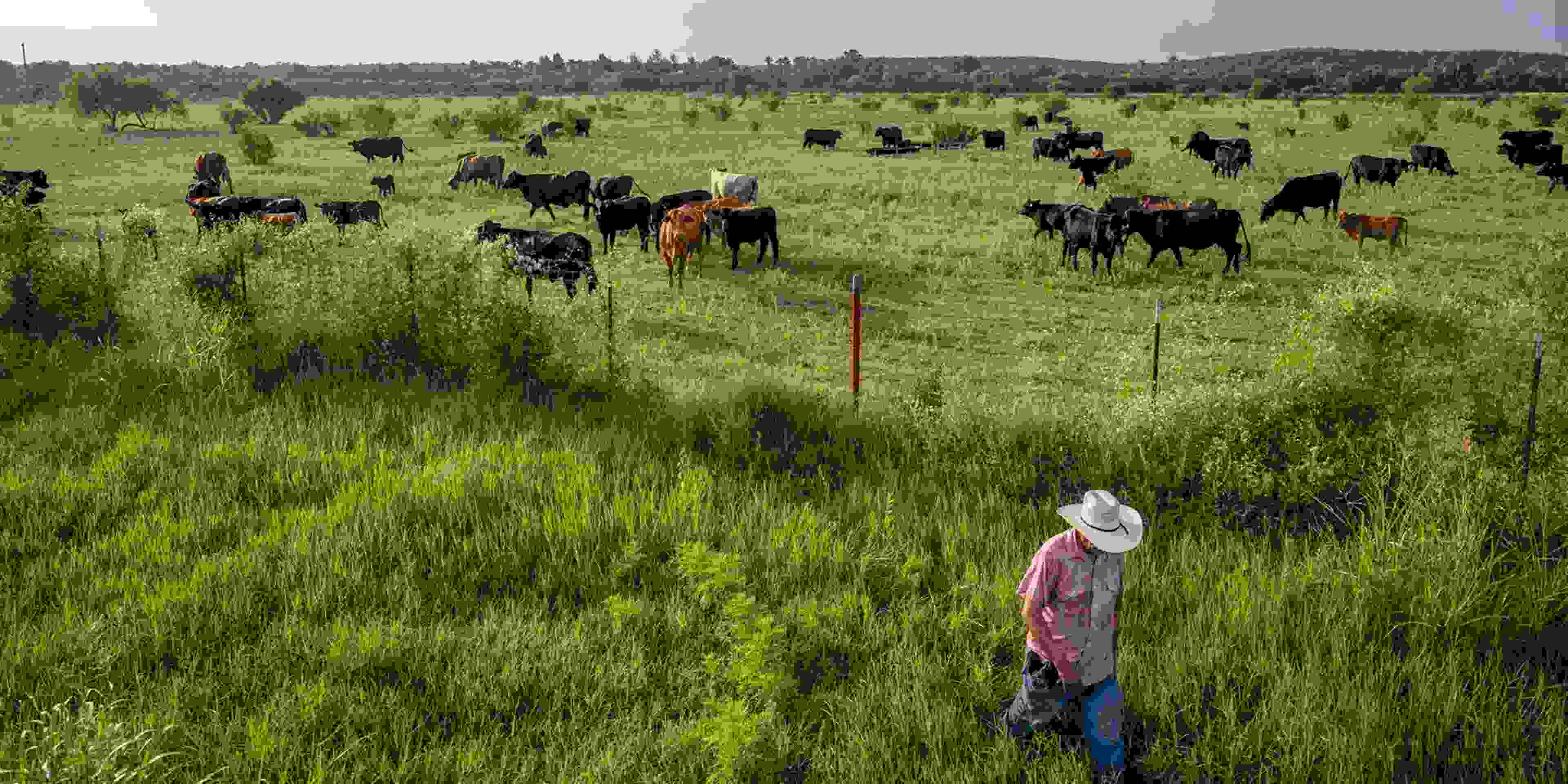Maputo - Mozambique is a vibrant country located in southeastern Africa, known for its stunning beaches, rich cultural heritage, and diverse wildlife. Despite being lesser-known compared to some African nations, Mozambique offers a unique blend of natural beauty, history, and adventure.
Here are some fascinating facts about Mozambique that highlight its charm and importance in the African continent.
1. Located Along the Indian Ocean
Mozambique boasts a 2,500-kilometer coastline along the Indian Ocean, making it one of Africa’s top destinations for beach lovers. The country is famous for its turquoise waters, white-sand beaches, and coral reefs ideal for diving and snorkeling.
2. Capital City – Maputo
The capital city, Maputo, is a vibrant port city with a strong Portuguese influence. Known for its colonial architecture, lively street markets, and seafood cuisine, Maputo is the cultural and economic heart of Mozambique.
3. Portuguese is the Official Language
Mozambique was a Portuguese colony until it gained independence in 1975. As a result, Portuguese remains the official language, making it one of the few African countries where Portuguese is widely spoken.
4. A Member of the African Union and Commonwealth
Interestingly, Mozambique is the only country in the Commonwealth that was never part of the British Empire. It joined due to its close ties with neighboring countries and its role in southern African diplomacy.
5. Home to Unique Wildlife
Mozambique is home to a wide variety of animals, including elephants, lions, hippos, and rare marine species. National parks like Gorongosa and Niassa Reserve are key spots for wildlife conservation and eco-tourism.
6. Rich in Natural Resources
The country has vast natural resources, including coal, natural gas, titanium, and rubies. In recent years, Mozambique has become one of the leading exporters of liquefied natural gas (LNG) in Africa.
7. The Island of Mozambique is a UNESCO World Heritage Site
Once the capital of Portuguese East Africa, the Island of Mozambique features ancient forts, churches, and buildings dating back to the 16th century. It is recognized by UNESCO for its cultural and architectural significance.
8. A Country of Cultural Diversity
Mozambique is home to over 20 ethnic groups, each with its own languages, traditions, music, and dances. Popular styles like Marrabenta music and colorful traditional clothing reflect this cultural richness.
9. A Young and Growing Population
With over 33 million people (as of 2025), Mozambique has a young population, with the majority under the age of 25. This demographic trend brings both challenges and opportunities for economic growth and development.
10. Cyclones and Climate Challenges
Mozambique is vulnerable to tropical cyclones and floods due to its coastal location. In recent years, the country has faced severe weather events, highlighting the importance of climate resilience and sustainable development.
Final Thoughts
Mozambique is a hidden gem in Africa that offers breathtaking landscapes, warm hospitality, and deep historical roots. Whether you’re exploring ancient ruins, diving in crystal-clear waters, or learning about its colonial past, Mozambique delivers an unforgettable experience.
With its untapped tourism potential and strategic location, Mozambique is truly a coastal treasure worth discovering.
